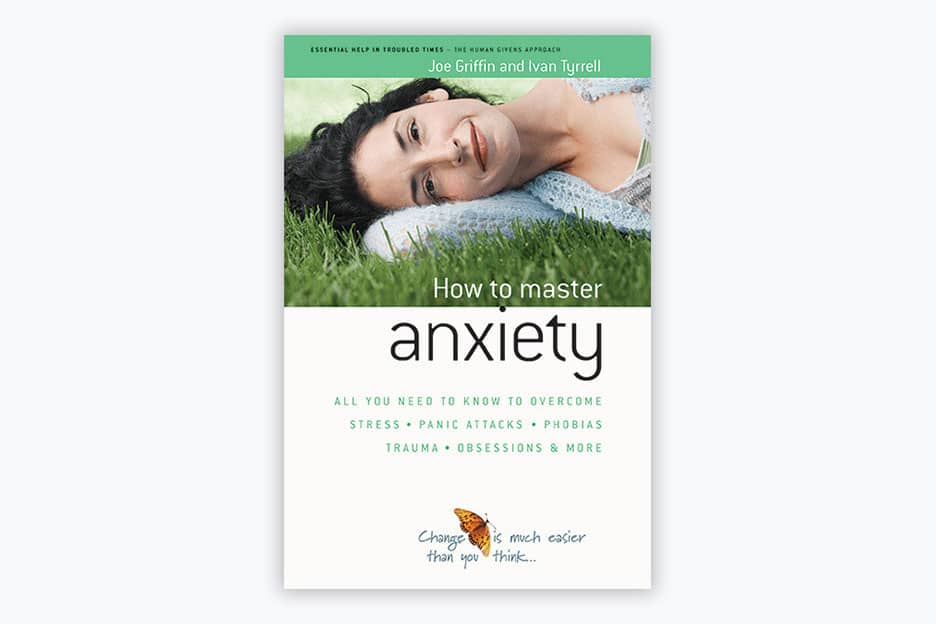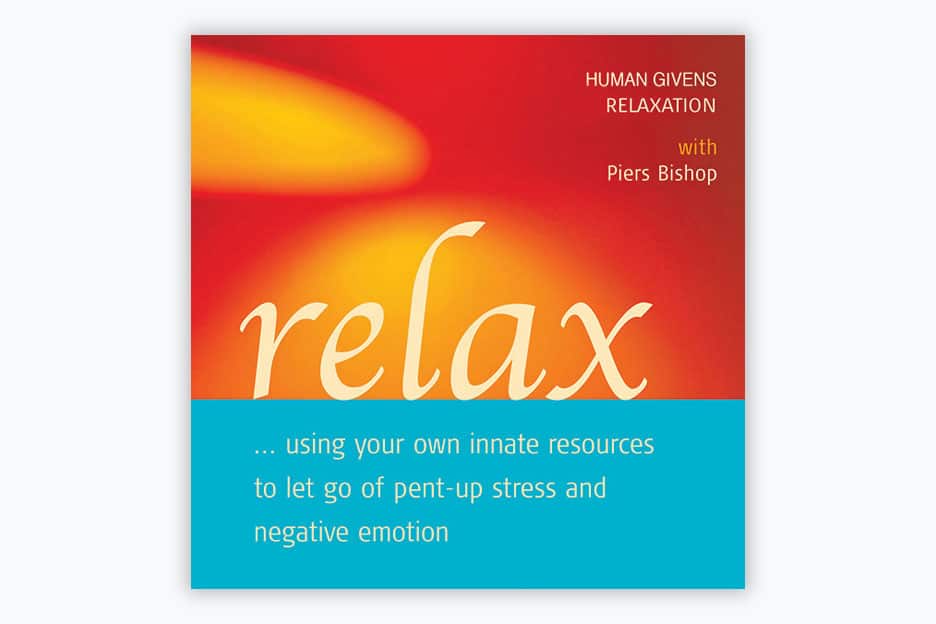How to stop worrying
We are all familiar with worrying – the apparently endless turning around of thoughts in our heads, as our minds buzz with negative commentary about our lives and our imaginations create worse case scenarios that make us feel awful and keep us awake at night.
The fact is, worrying is a gross misuse of the imagination, and fuels the cycle of depression. Today’s worries are tomorrow’s depression, and reducing worrying to manageable levels will enable you to sleep better and start to lift depression almost immediately.
So what strategies can you use to help you to beat worrying? Here are some useful tips …
1. Carry a notebook around for a few days and write down every time you notice yourself thinking negatively
Doing this will make you more conscious of your thinking style and will prepare you for the next step, which is to challenge your own pessimistic thinking.
2. Challenge your negative thoughts
Every time you catch yourself thinking negatively, take the statement and ask yourself if it is really true, or if it is just emotional black and white (all or nothing) thinking. Challenging these thoughts will disempower them, and help remove them from your mind altogether. This technique is called ‘reframing’, and is one of the most powerful techniques you can use to break down problems and dissolve worrying.
For example:
“I can’t do anything right.”
– “I’m actually doing my best under difficult circumstances.”
“It’s all too much.”
– “I have coped before and I can cope again. I will do 7-11 breathing for a few minutes and then see how I feel.”
“I will die if I don’t pass this exam.”
– “If I don’t pass the exam it’s not the end of the world, I can retake it and at least I will know how to do better next time.”
3. What can you do about your worries NOW?
Worrying is the route in to depression and of itself never solves any problem. Once you have identified your negative thought patterns and challenged them, you can ask yourself what you can actually DO about the problem you are worried about, however bad the difficulties you face are. If you are worrying about what has happened in the past or what may or may not happen in the future that you have no control over, then you must resolve to stop worrying about it and wait for circumstances to change. Getting depressed is just an added burden you can do without.
If there is something practical you could do right now to resolve a worry or meet an unmet emotional need (eg, take out holiday insurance, sign up for an aerobics course, complete a job application, booking a driving test) make a note of it and DO it.
4. Set aside a ‘worry half hour’
Set aside half an hour a day at a time convenient for you (but not just before bed) in which to do all your worrying. If a worry pops into your head before the allotted time, dismiss it from your mind and tell yourself you will think about that later on, when you’re allowed to worry. People often find it easier not to worry when they know they’ve got the time to worry later.
In your ‘worry half hour’, you can do all the pointless worrying you want. If you find, while you worry, that there are some steps you can take to deal with the worrying then you might want to use the time to do those, and if you find you want to stop worrying before 30 minutes is up, then cut short the worrying time. But remember, you have used up your worrying time for the day and you’re not allowed to make up this time tomorrow!
5. If you think you need more help
Not everyone finds it easy to follow the advice on a website without guidance and support from someone else. If you think you need more help, check out the find a human givens therapist page. If you cannot find a human givens therapist near you, at least make sure you select another therapist who understands the information we have given you.





